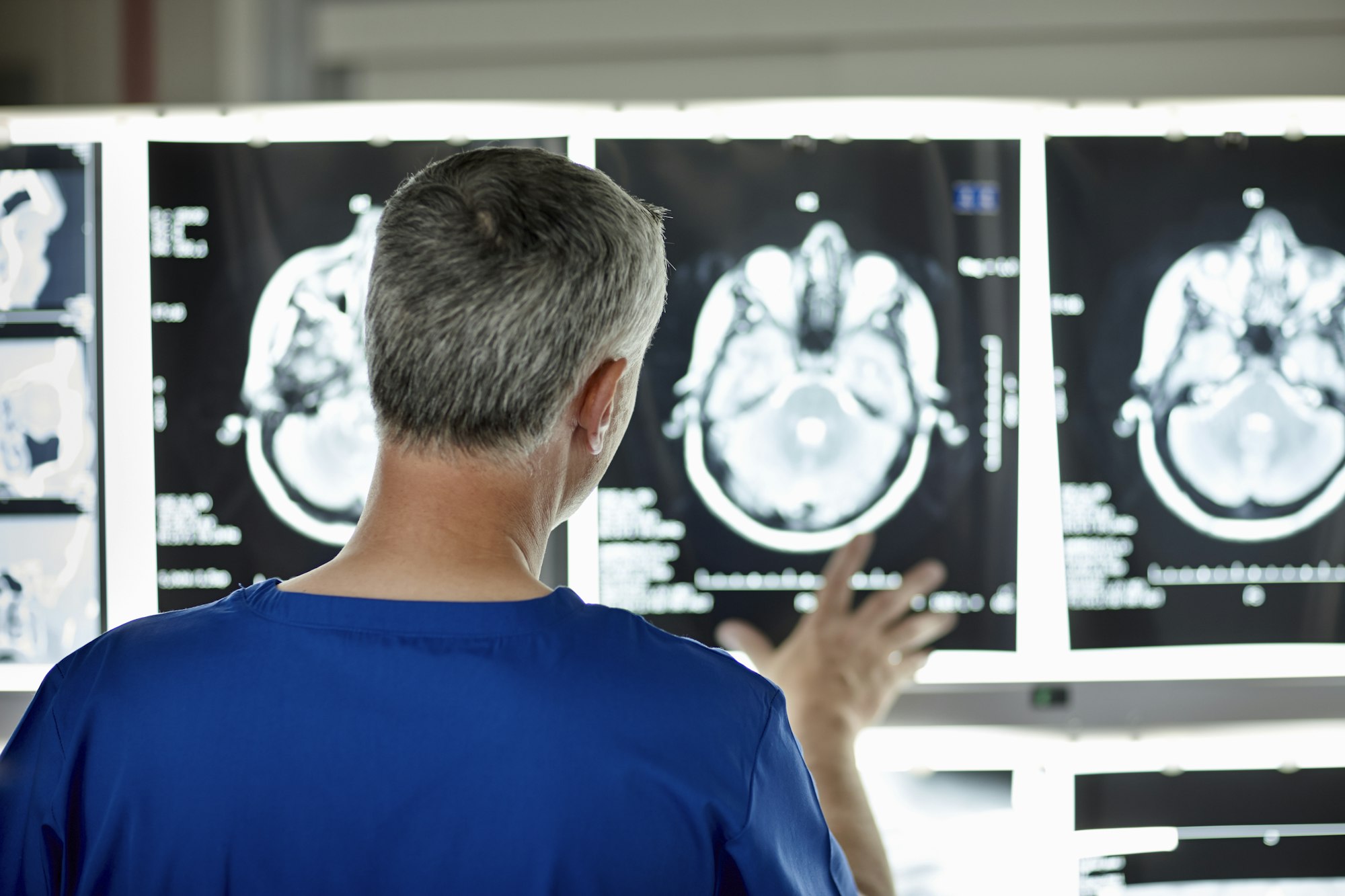An Unprecedented Collection of Brain Scans for Dementia Research
A New Era in Understanding Dementia
Scientists in the UK have gained access to an astonishing 1.6 million brain scans, gathered over ten years from patients in Scotland. This enormous collection of images, including both CT and MRI scans, is the largest ever available to researchers in the UK. Collected between 2008 and 2018 during routine medical care, these scans offer a unique opportunity for scientists to explore how dementia develops. By using advanced artificial intelligence (AI) to analyze these images, researchers hope to find patterns that could help predict a person’s risk of developing dementia.

How AI is Helping to Predict Dementia
A team of 20 scientists from the universities of Edinburgh and Dundee is leading the effort to analyze these brain scans. They will use AI to search for early signs of dementia, a condition that causes memory loss and cognitive decline due to the build-up of harmful proteins in the brain. Since these changes often begin long before symptoms appear, AI could play a crucial role in identifying them early. This would allow doctors to diagnose dementia sooner, giving patients a better chance to manage the disease.
The Importance of Early Dementia Diagnosis
Catching dementia early is vital because it gives patients more time to take steps that could slow the disease’s progression. For example, Willy Gilder, a former journalist diagnosed with Alzheimer’s three years ago, underscores the value of early detection. Knowing about his condition early on allowed him to stay mentally active and prepare for treatments that work best in the early stages of the disease. The researchers aim to develop tools that can provide such early warnings, potentially improving the lives of people at risk of dementia.
The Scan-Dan Project: A New Approach to Dementia Research
What is the Scan-Dan Project?
The research, known as the Scan-Dan project (Scottish AI in Neuroimaging to predict Dementia and Neurodegenerative Disease), is part of a larger international collaboration called NEURii. This project marks a significant advancement in using clinical data to study brain diseases. The enormous dataset provided by NHS Scotland, which has been carefully protected under strict privacy laws, gives scientists a rare opportunity to explore how AI can enhance medical imaging.
Addressing Ethical and Privacy Concerns
Given the sensitive nature of the data, the research team had to get special approval from NHS Scotland’s Public Benefit and Privacy Panel for Health and Social Care. This panel ensures that all research follows strict privacy and ethical guidelines. All the brain scans in the study are fully anonymized, meaning the researchers have no way of knowing which patient the scans belong to. This careful handling of the data not only protects patient privacy but also sets a standard for future large-scale medical research.
Looking Ahead: The Goals of the Research
The Scan-Dan project is expected to provide significant insights into the early detection of dementia. While the researchers aren’t sure exactly what they will find, the sheer amount of data increases the chances of discovering important patterns. Prof Emanuele Trucco, an expert in AI and medical imaging, is optimistic that the team will uncover clues that could change the way dementia is diagnosed. The team hopes to have a better understanding of the technology’s potential by early next year, with the possibility of developing a practical diagnostic tool within a few years.
The massive collection of 1.6 million brain scans in Scotland is paving the way for new methods in dementia research. Learn how AI and early detection could transform dementia care in the near future.

FAQ: Understanding the 1.6 Million Brain Scans Study
1. What is the main goal of analyzing 1.6 million brain scans?
The primary objective of analyzing these brain scans is to utilize artificial intelligence (AI) to find early indicators of dementia. By detecting subtle changes in the brain that occur before the onset of symptoms, researchers hope to predict who is at risk for developing dementia. This early detection could enable timely interventions that potentially slow the progression of the disease and improve patient outcomes.
2. How will artificial intelligence be used in this dementia research?
AI will be employed to analyze the vast collection of anonymized brain scans for patterns that could indicate early stages of dementia. The technology can sift through data much faster and more accurately than human analysts, identifying minute changes in the brain scans that might be overlooked otherwise. This could lead to earlier and more precise diagnoses of dementia, providing crucial advantages in treatment planning.
3. What are the ethical considerations involved in using such a large dataset of brain scans?
The use of this large dataset has been carefully regulated to ensure privacy and ethical handling. Special permissions were required from NHS Scotland’s Public Benefit and Privacy Panel for Health and Social Care to access and use these scans. Researchers are committed to strict confidentiality and privacy standards; all brain scans are fully anonymized, ensuring that there is no way to trace them back to individual patients. This approach not only safeguards patient privacy but also sets a benchmark for future research using sensitive medical data.
Sources BBC


